Namibia QER Quarter 1 2025

This edition of the IPPR’s Quarterly Economic Review examines some of the main commitments contained in the 66-page Swapo Manifesto Implementation Plan (SMIP) published in February 2025. The QER also includes the usual Quarter Summary, News Highlights, Key Economic Variables, and Data Trends
10 Reasons to be Thankful to Sam Nujoma
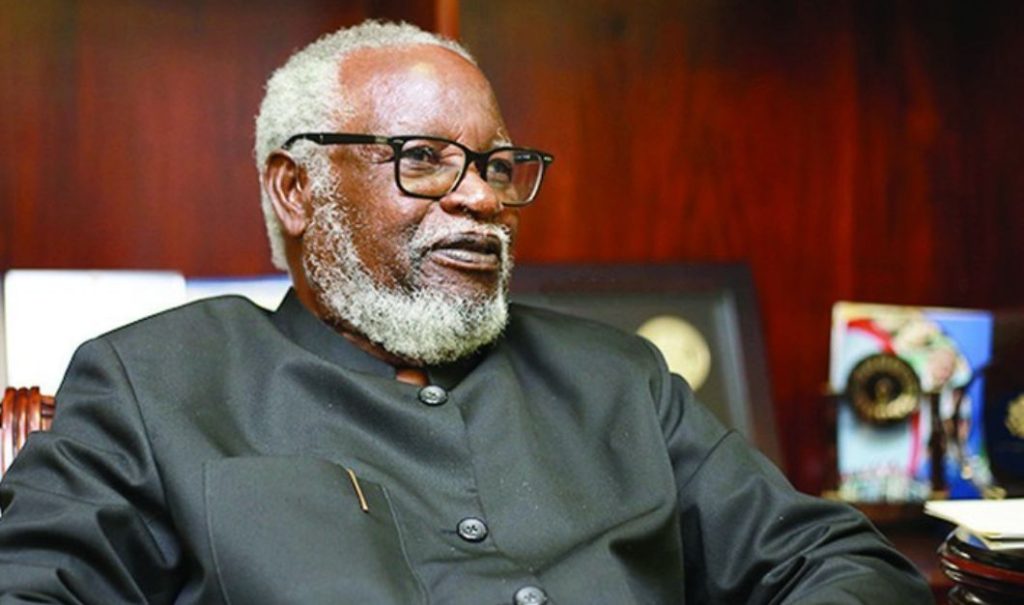
The passing of Sam Nujoma on 8 February 2025 presents a fitting moment to assess the contribution and legacy of Namibia’s founding president. 1. Lightning strikes multiple times The combat name he chose for himself was ‘shafiishuna’ which according to his own interpretation meant ‘lightning’ (others have alternative understandings see note at the end of […]
The Opaque World Of Political Party Finance
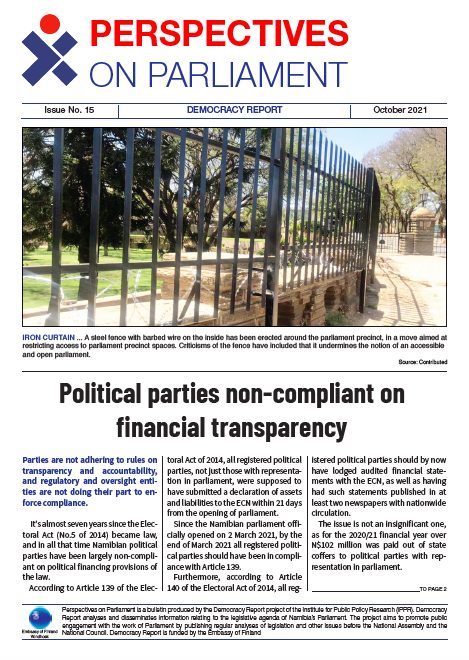
This edition of the IPPR’s Perspectives on Parliament bulletin examines the worrying lack of transparency and accountability that marks political party funding in Namibia. In addition, the publication asks if the current Access to Information bill is up to scratch or if it can still be improved? Also in the spotlight is the dispute over […]
The Changing Political Landscape

The recent local and regional elections produced few surprises. Swapo would have been hoping to maintain the 65% of the popular vote they achieved in 2019’s National Assembly elections. But with a year of more Fishrot revelations and an already battered economy coming under further pressure from COVID-19, the prospect of stabilising the Swapo vote […]
Election Results 2019
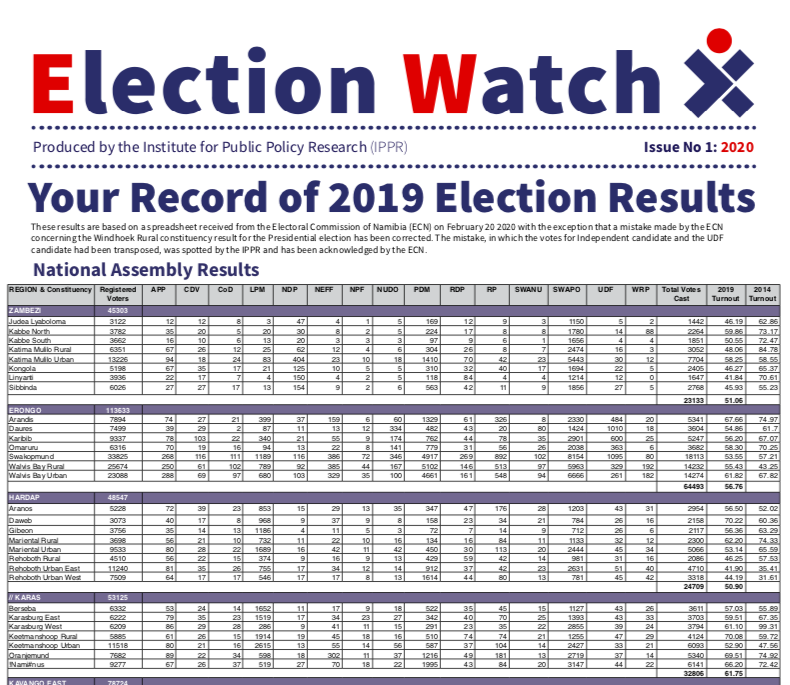
The IPPR’s Election Watch bulletin from March 2020 which features the final results for the 2019 National Assembly and Presidential elections.
Tracking Disinformation
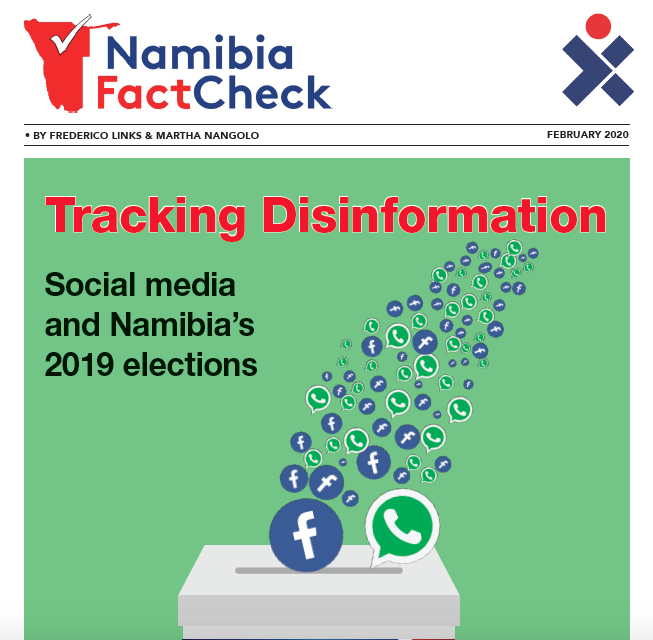
This briefing paper analyses the disinformation trends around the November 2019 election and calls for greater civic education on the dangers of spreading false information especially on social media platforms like Facebook and WhatsApp.
The 2019 Election and Gender

This Perspectives on Parliament bulletin looks at the issue of women’s representation in parliament and what the 2019 election result means for the composition of the 7th National Assembly (2020-2025). In addition, party commitments in manifestos on gender-related issues are reviewed and progress towards gender equity across various leadership levels assessed.
Democracy, Political Parties & Liberation Movements
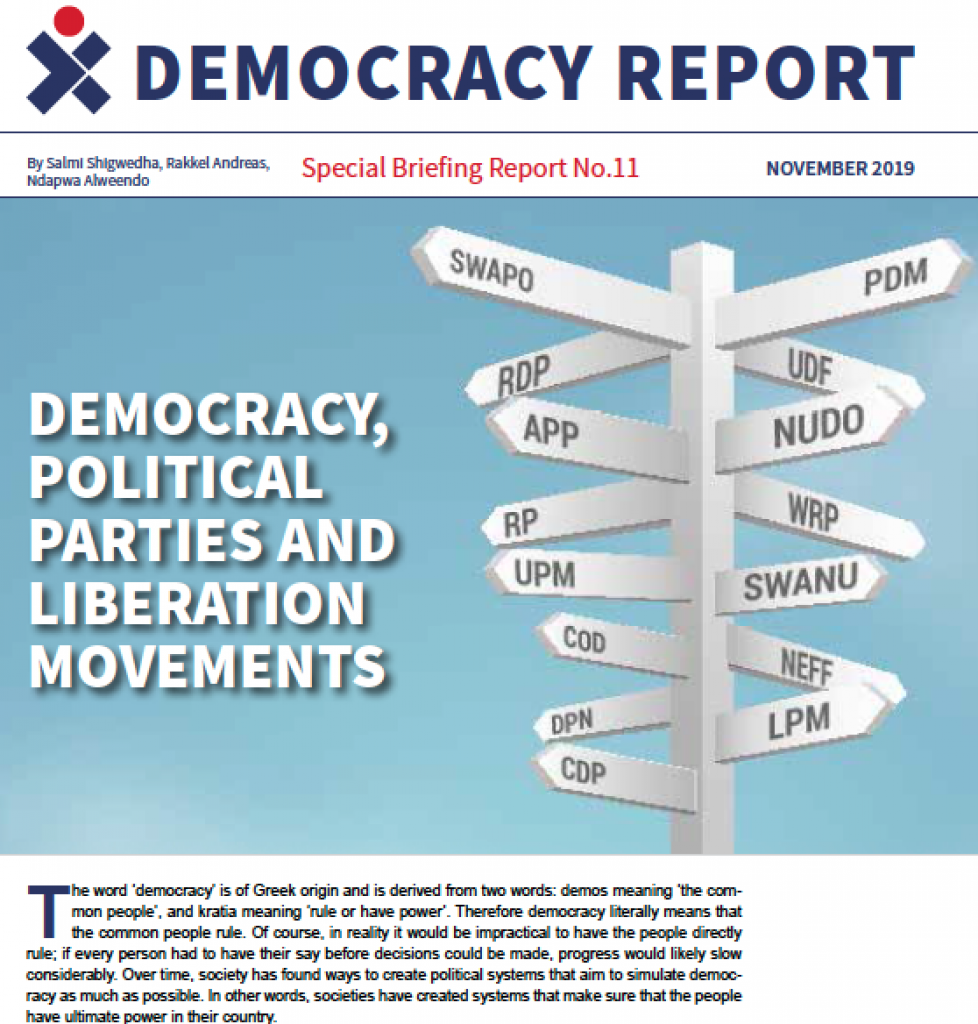
This bulletin explores the characteristics of political parties that have emerged from liberation movements and looks at how such characteristics affect governance
Namibia: Ruling SWAPO jittery over independent candidates
SWAPO party’s dominion over Namibian politics began at independence in March 1990 when the former liberation movement won the first democratic elections but its stranglehold is slowly being tested.Over the past 29 years, the ruling party has consolidated its dominance, with little challenge from the opposition.
The party commands popular support across all age groups, with its strong base in the north-central regions.
As has become tradition, SWAPO is again confident of cruising to victory in the upcoming general elections set for November.
Swapo MPs mum during question time
Only one Swapo MP asked questions last year during National Assembly question-and-answer sessions (Q&As).
An overview, which forms of a study by the Institute of Public Policy Research (IPPR), authored by Max Weylandt and Ndeapo Wolf, showed that out of 159 parliamentary questions, only eight (around 5%) were asked by Swapo, and all by one MP, Veikko Nekundi.

